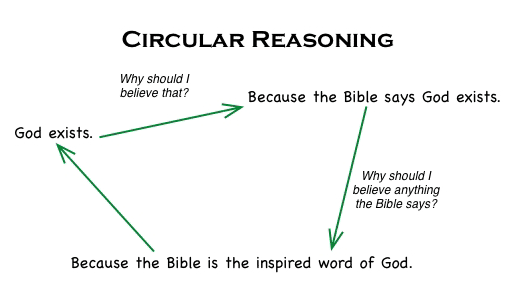I understand all of that, but how is logic not reliant itself on the physical laws of the universe? Logic is a nonphysical property, meaning it's really not anything but a description of something else. Logic tells us how the universe works, but if our universe had different properties there would be different logic.
If logic were reliant on the physical law that it governs, what we have is an illogical statement. The law of non-contradiction does not rely on the law it is involved with, but rather the law of non-contradiction necessarily governs that law. In order to determine if the law is functioning according to its characteristics defined, the law of non-contradiction must determine if the law is contradicting itself and thereby behaving as the law is defined.
If logic were reliant on the different physical laws then there would be different definitions of logic and logic would no longer be universal, but it is. Therefore logic must necessarily govern the natural and physical laws.
I am encouraged that you realize that logic is non-material but it is an entity and not a method. To deny these definitions I have given in my various posts is to violate two laws of logic: the law of identity and the law of non-contradiction.
Yes, I do not know where logic originates. And likewise my goal here isn't to convince any Christian that their belief is insane or anything like that. But what does bug me is that Christians claim knowledge of things that are completely unknowable at this point. It seems many do not take things with an open mind.
[FONT="]Point noted and I agree. My signature says this: [/FONT]In the essentials, unity; in the nonessentials, liberty; in all things, charity.-Rupert Meldenius
Determining the origination of logic is not essential but accepting the existence of God as true is essential.
I can only defend myself and I have already stated that my thesis as to the origin of logic does not prove God is the originator. However, it does show that the non-material exists which adds to the dimension of the cosmos. This in turn gives weight to the possibility that God exists. There is more to the cosmos than the material and the natural. There is the supernatural that must be dealt with.
Where do you believe logic originates?
Last edited:
Upvote
0


